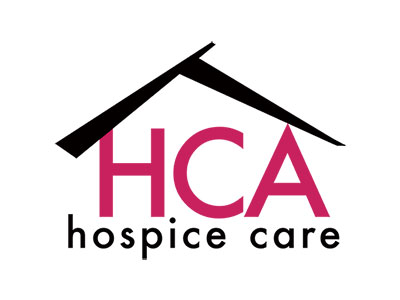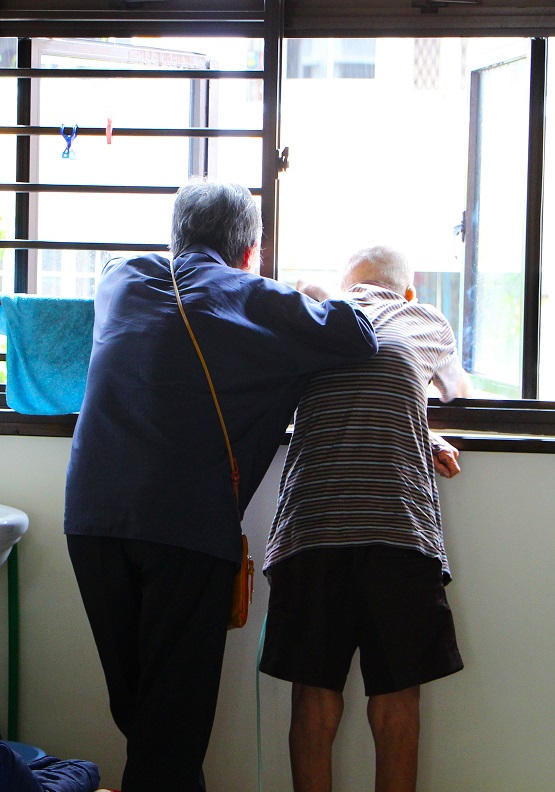Menu
Menu


For Tom*, the prospect of losing his mother, Mdm Lee*, was almost too much to bear. The pair shared a close and interdependent relationship and Tom, who was single, had been his mother’s primary caregiver for many years.
“On the team’s first few visits to Mdm Lee, Tom expressed suicidal ideations,” says HCA Nurse Manager Liew Tse Pei, who was Mdm Lee’s primary care nurse. “He said he would follow his mother in death.”
“On the team’s first few visits to Mdm Lee, Tom expressed suicidal ideations,” says HCA Nurse Manager Liew Tse Pei, who was Mdm Lee’s primary care nurse. “He said he would follow his mother in death.”
Besides grappling with caregiving responsibilities and the anticipatory grief of losing his mother, Tom was often in conflict with his siblings, who did not see eye to eye with him on numerous matters. “Tom’s siblings had differing opinions on their mother’s care and he blamed himself for not taking good care of her,” Adrian explains.
On Adrian’s first few visits, he saw a loving son who was enmeshed in a strained family environment and struggling to come to terms with his mother’s impending death. “When I visited one evening, Tom said he felt very down and hadn’t had dinner,” Adrian says. “His sisters were at home then and the atmosphere was very tense.”
Seizing the opportunity to reach out and build rapport, Adrian suggested having dinner together at a McDonald’s outlet nearby. “It was good for him to take a breather in a more relaxed environment,” Adrian explains.
Over dinner, Tom opened up about his struggles. It was a significant breakthrough for Tom, who had been emotionally isolated for a long time.
Having built a connection with Tom, it was time to establish a safety plan and address his suicidal ideations. “We usually develop a verbal contract with these individuals and work with them to not do anything drastic,” Adrian explains. “If they are not agreeable, we will try to rally their family members to support and keep an eye on them.”
It takes a holistic approach to address highly sensitive and complex issues like suicidal ideations and anticipatory grief. “We will also share about support resources that are available out there, such as 24-hour helplines,” Adrian says. “During the team’s daily roll call, we will highlight and discuss cases that need closer attention so that we are all kept in the loop.”
On every home visit, the team took the time to explain and update Tom on his mother’s condition, ensuring that he was able to cope emotionally and physically with the caregiving responsibilities.
While the eventual passing of his mother was undeniably painful emotionally, it also brought a sense of finality. “Tom’s mother passed on without stress and he felt that she was at peace,” Adrian shares.
“When we visited him at the wake, he shared that he was going back to work,” Adrian says. “He was coping well and actively planning for his future.”
The pain of losing a loved one can be crushing, but a listening ear and supportive presence can bring great comfort. “Being present and showing that we care, is far more important than any of the theories out there,” Adrian says. “It is the human connection that matters.”